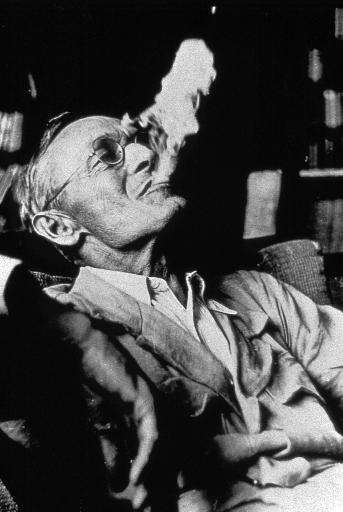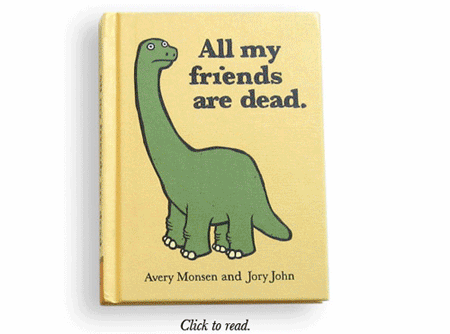 As you may recall from an earlier post, I excitedly dove into reading Magister Ludi: The Glass Bead Game by Herman Hesse. Well, it has been struggle ever since chapter 1 when the excitement and nostalgia wore off. But now that I am halfway through this 600+ page book it has dawned on me – this is a formula I remember from other Hesse books.
As you may recall from an earlier post, I excitedly dove into reading Magister Ludi: The Glass Bead Game by Herman Hesse. Well, it has been struggle ever since chapter 1 when the excitement and nostalgia wore off. But now that I am halfway through this 600+ page book it has dawned on me – this is a formula I remember from other Hesse books.
He spends the first half of the book, very carefully developing the character through their daily life, very detailed and even mundane at times. But what he is doing is establishing the reality of the world the character lives in. Then halfway through the book, he tilts that reality askew with something fantastical, supernatural or transcendently spiritual. It is like a rollercoaster and the first half of the book the car is slowly ascending the first hill. Click, click, click. But if you are patient enough to stick with it to the peak, you can now ride the rollercoaster down with great speed through exciting twists and turns. The ride down makes the long climb up worthwhile. I think this is deliberate.
Of course, I will now have to finish the book to see if my theory proves true. I hope so, because to this point I have been underwhelmed compared to his other books, and yet this is supposed to be his magnum opus that pulls together all his previous writings. So, if it doesn’t deliver I will not know what to think of my abilities to comprehend his vision, a vision that I once thought I fully understood and deeply appreciated. I guess I could always take the graduate level philosophy course at the American University of London that is based on this book, yeah right.
Here are some quotes from Hermann Hesse (July 2, 1877 – August 9, 1962) whose books explored an individual’s search for authenticity, self-knowledge and spirituality.
Eternity is a mere moment, just long enough for a joke.
If you hate a person, you hate something in him that is part of yourself. What isn’t part of ourselves doesn’t disturb us.
Knowledge can be communicated, but wisdom cannot. A man can find it, he can live it, he can be filled and sustained by it, but he cannot utter or teach it.
People with courage and character always seem sinister to the rest.
When dealing with the insane, the best method is to pretend to be sane.
Without words, without writing and without books there would be no history, there could be no concept of humanity.
Filed under: Books | Comments Off on Getting through the Glass Bead Game
 Have you guys heard about this? A 10,000 car traffic jam that has lasted for a dozen days and at one point stretched bumper-to-bumper for over 70 miles! Now that is a traffic jam!
Have you guys heard about this? A 10,000 car traffic jam that has lasted for a dozen days and at one point stretched bumper-to-bumper for over 70 miles! Now that is a traffic jam! a lazy artist, a sci-fi geek (science not fantasy, so space ships not elves), a Pacers / Lions fan, a writer, a former journalist, an art collector, an investor, and all-around former bad ass who's grown soft and content.
a lazy artist, a sci-fi geek (science not fantasy, so space ships not elves), a Pacers / Lions fan, a writer, a former journalist, an art collector, an investor, and all-around former bad ass who's grown soft and content.

 As you may recall from an
As you may recall from an  Had a great Martini at Bonefish Grill in Knoxville. It’s called a Watermelon Tiki or Fresh Watermelon Martini.
Had a great Martini at Bonefish Grill in Knoxville. It’s called a Watermelon Tiki or Fresh Watermelon Martini.







